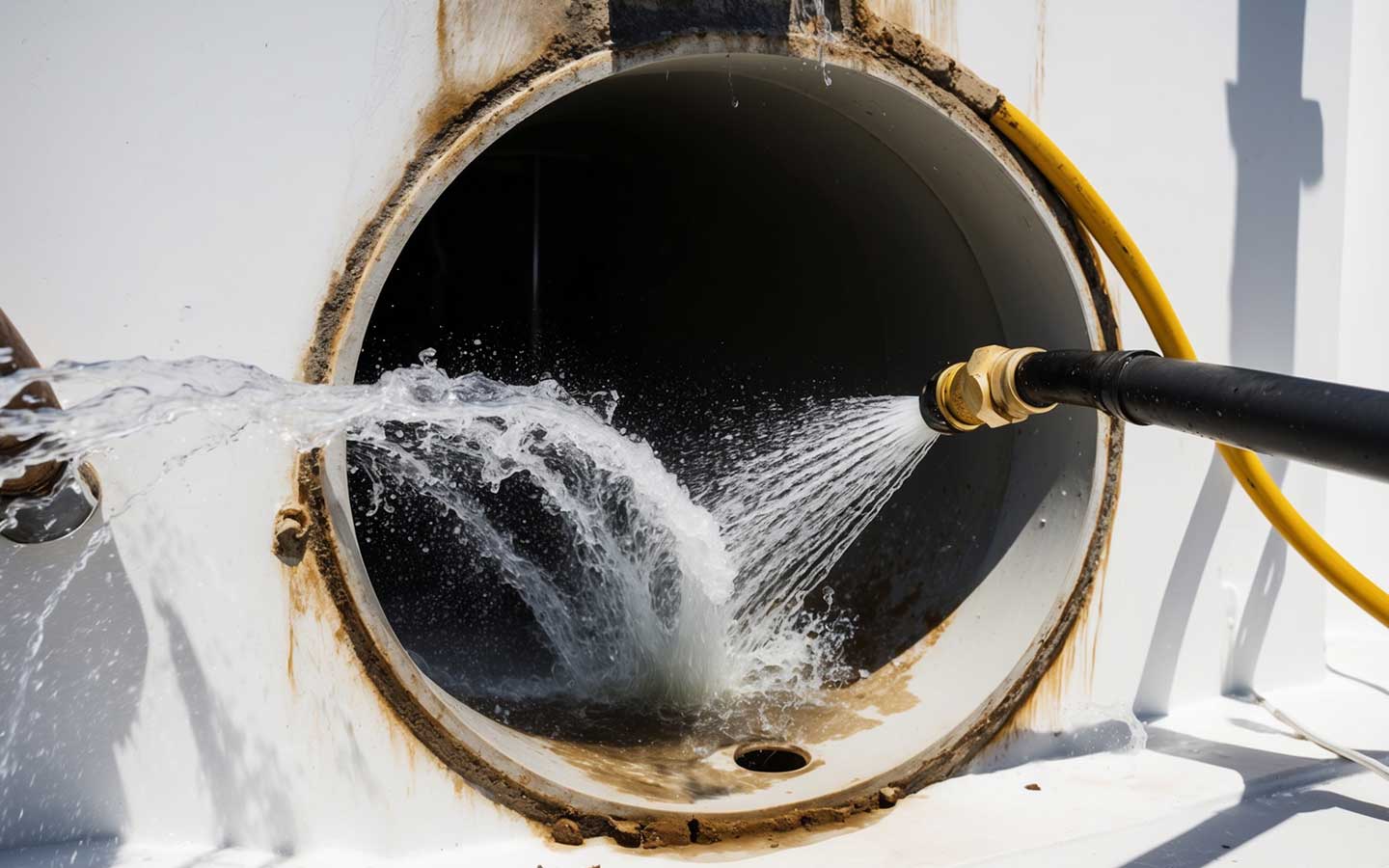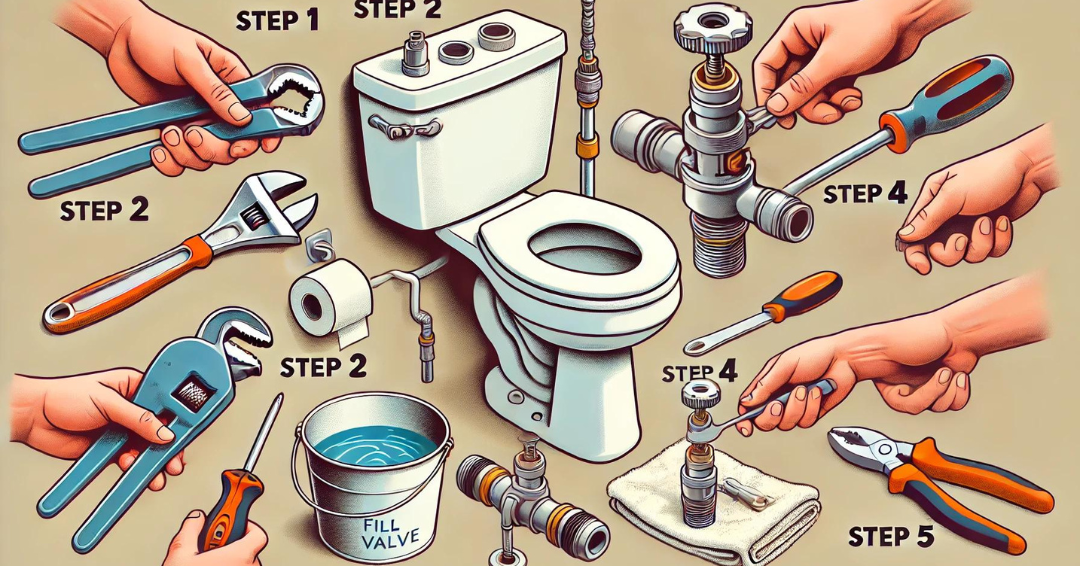
What Is The Best Way To Clean Your Drains In Coachella?
Introduction
When it comes to keeping your home’s plumbing system in top shape, understanding your options for drain clearing can save you a ton of hassle—and possibly some cash! Whether it's a slow-draining sink or a completely clogged toilet, knowing how to tackle the issue effectively is crucial. In this article, we’ll dive deep into the various methods available for drain cleaning, assess their pros and cons, and help you make an informed decision about which method is right for you. So grab your favorite beverage and let’s get started!
Evaluating Drain Clearing Options: Which Method is Right for You?
Dealing with clogged drains can feel overwhelming. But don’t worry! There are several methods available to clear those pesky blockages. From DIY solutions to professional plumbing repair services, we’ll explore all the options.
1. Understanding Common Causes of Clogs
Before jumping into solutions, it’s essential to understand what typically causes clogs in the first place. This knowledge will not only help in choosing the right clearing method but also aid in preventing future issues.
1.1 Hair Buildup
One of the most common culprits behind clogged drains is hair—especially in bathrooms. Hair strands can catch on soap residue and other debris, creating a stubborn blockage.
1.2 Food Waste
In kitchens, food scraps that slip down the drain can lead to significant clogs over time. Even with garbage disposals, certain tough items like fibrous vegetables and grease can cause problems.
1.3 Foreign Objects
Kids (and sometimes adults) have a knack for dropping things down toilets or sinks—think toys, cotton balls, and other non-flushable items.
1.4 Mineral Buildup
If you live in an area with hard water, mineral deposits can accumulate inside pipes over time, restricting flow and leading to clogs.
2. DIY Drain Cleaning Methods
If you’re feeling adventurous (or just want to save some cash), several DIY methods can help clear minor clogs before you call in the cavalry.
2.1 Boiling Water
Sometimes all your drain needs is a good ol’ boil! Pouring boiling water down the clogged drain can dissolve grease and soap scum buildup effectively.
2.2 Baking Soda and Vinegar
This classic combo isn’t just for science projects; it’s also a great natural cleaner! Pour half a cup of baking soda followed by half a cup of vinegar down your drain to create fizzing action that helps dislodge debris.
2.3 Plumber's Snake
A plumber's snake (or auger) is a drain cleaning handy tool that allows you to reach further down into the pipe than most other methods. It’s especially useful for tougher clogs caused by hair or foreign objects.
3. Chemical Drain Cleaners: Are They Worth It?
You may have seen those brightly colored bottles at your local grocery store promising quick results for clogged drains—but are they safe?
3.1 The Pros of Chemical Cleaners
- Fast-acting
- Convenient
- Widely available
3.2 The Cons of Chemical Cleaners
- Can damage pipes if overused
- Harmful fumes
- Not effective against all types of clogs
It’s important to weigh these factors carefully before reaching for that bottle!
4. Professional Plumbing Repair Services: When to Call an Expert?
Sometimes DIY just won’t cut it—this is where professional plumbing services come into play! But when should you actually consider calling them?
4.1 Persistent Clogs
If you've tried multiple methods without success, it's time to call in the experts who specialize in drain cleaning.
4.2 Signs of Bigger Problems
If you're experiencing frequent backups or unusual smells emanating from your drains, these could be signs of underlying issues that require professional attention.
5. Assessing Your Drain Cleaning Needs: A Quick Guide
Here’s a handy table summarizing when each method might be appropriate:
| Method | Best For | Cost | |-----------------------------|---------------------------------------|------------| | Boiling Water | Minor grease clog | Free | | Baking Soda & Vinegar | Light buildups | Low | | Plumber's Snake | Tougher clogs | Moderate | | Chemical Cleaners | Quick fixes | Moderate | | Professional Services | Persistent or complex issues | High |
6. Exploring Advanced Techniques: Hydro Jetting
Hydro jetting involves using high-pressure water jets to clear out stubborn blockages deep within pipes—a powerful solution but often best left to professionals.
6.1 How Hydro Jetting Works
Water jets are inserted into your plumbing system and shoot high-pressure streams capable of breaking up even the toughest clogs.
6.2 Benefits of Hydro Jetting
- Cleans pipes thoroughly
- Prevents future clogs
- Environmentally friendly
7. The Role of Regular Maintenance in Preventing Clogs
The best way to deal with clogged drains is not having them at all! Regular maintenance can go a long way in keeping your plumbing system healthy.
7.1 Routine Inspections
Consider scheduling annual inspections with plumbers near me who can catch potential issues before they escalate into full-blown disasters!
7.2 Regular Cleanings
Especially if using chemical cleaners or experiencing frequent clogs—regular cleanings will keep everything flowing smoothly!
8. Environmental Considerations When Choosing Drain Clearing Methods
Today’s homeowners are more environmentally conscious than ever before; therefore, understanding how various cleaning methods impact our planet is crucial.
8.1 Eco-Friendly Products
Look for biodegradable alternatives that won’t harm aquatic life if they enter waterways during heavy rains or floods.

FAQ Section
Q1: How often should I clean my drains?

Q2: Can I use salt instead of baking soda?
A: Yes! Salt works similarly but may not be as effective as baking soda combined with vinegar.
Q3: Are there any signs my drains need immediate attention?
A: Yes! Slow drainage and unpleasant odors are usually indicators that something's wrong!
Q4: Is hydro jetting safe for all types of pipes?
A: Most modern pipes can handle hydro jetting; however older pipes may be at risk due to high pressure—consult with professionals first!
Q5: What should I do if I see standing water around my property?
A: Contact local plumbing repair services immediately as this could indicate severe drainage issues underground!
Q6: How do I find reliable plumbers near me?
A: Utilize online reviews & ratings from trusted sources—ask friends/family for referrals too!
Conclusion
When evaluating drain-clearing options, it’s important to choose a method tailored specifically to your unique situation while considering both immediate needs and long-term health for your plumbing system! Whether opting for DIY solutions like boiling water or enlisting professional plumbing repair services when things get messy—there's no one-size-fits-all answer here!
So next time you're faced with stubbornly clogged drains remember there's always an option available! From power-packed hydro jetting techniques down through simple household remedies—you have what it takes now! Just keep those pipes flowing smoothly so you can avoid any drama down below!
And hey—if you're ever unsure about tackling those pesky blockages alone—don’t hesitate; reach out today & find ‘plumbers near me’ who'll get things back on track quicker than you can say “drain cleaning”!
